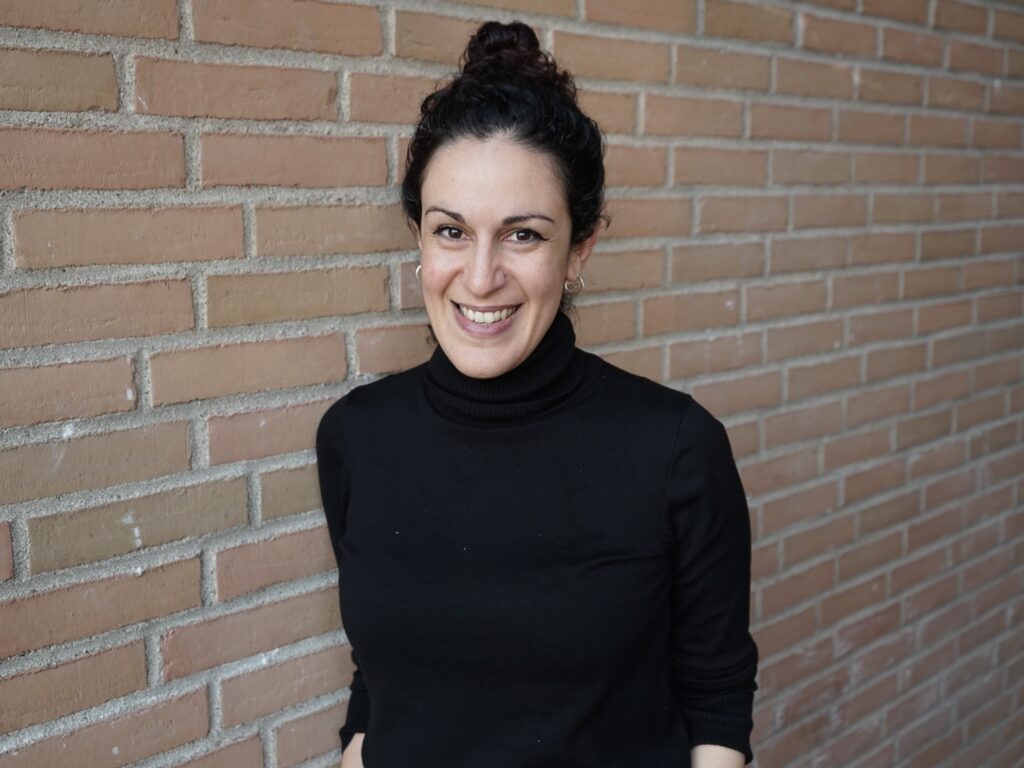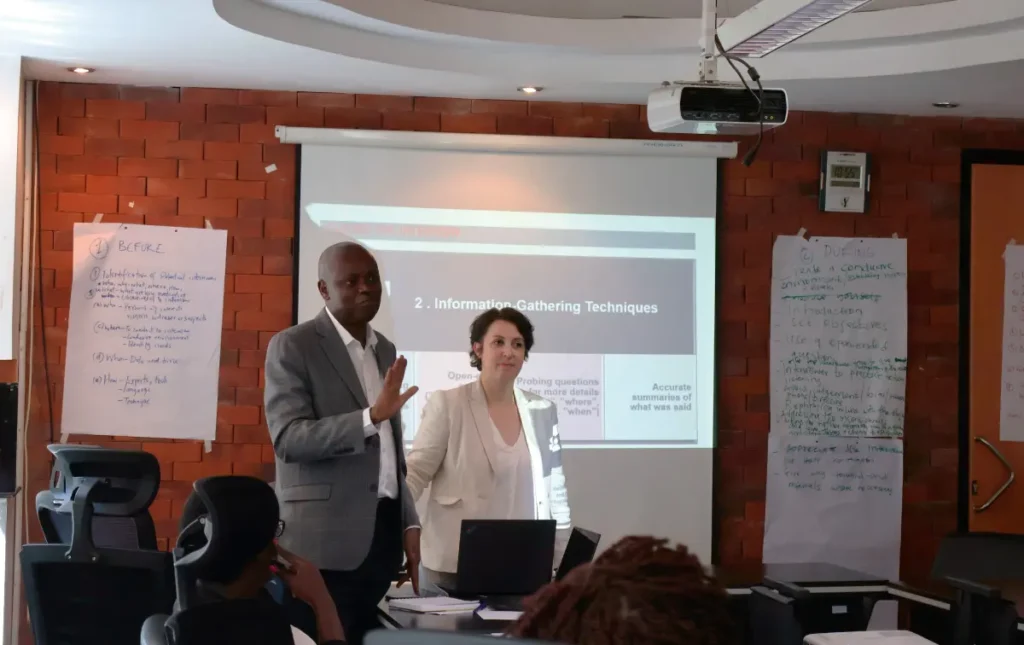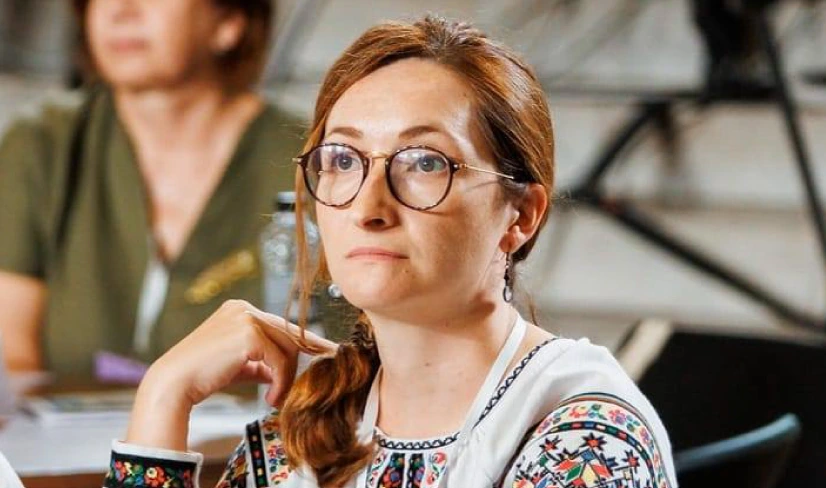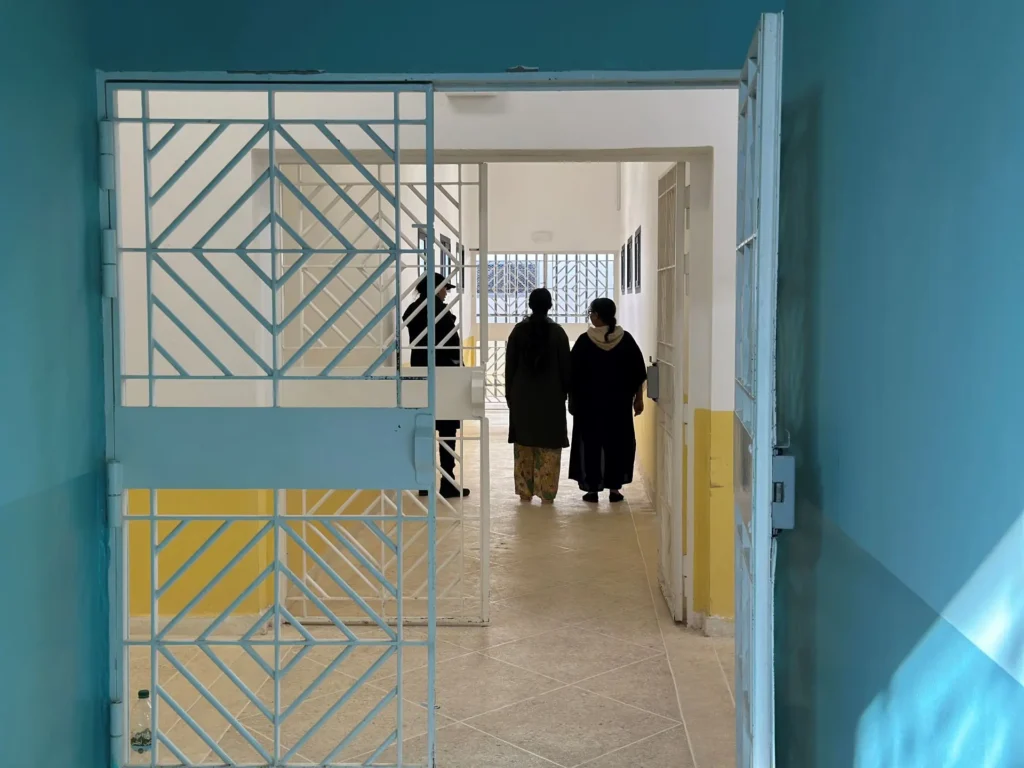Human Rights Law expert Natasa Mavronicola warns against thinking that torture should be used or deemed lawful in exceptional situations
Proponents of torture or inhuman treatment employed by state authorities often use the ‘ticking bomb scenario’: An arrested ‘terrorist’ knows when and where a timebomb will explode and kill dozens, or even hundreds, of innocent civilians. He also knows how to defuse the bomb but refuses to talk.
In this scenario, torture is justifiable, they will argue. You are weighing the terrorist’s right not to be tortured against the innocent civilians’ right to life. And the latter wins.
»But it doesn’t work that way«, argues Natasa Mavronicola. »Article 3 of the European Convention on Human Rights absolutely prohibits torture and inhuman or degrading treatment«.
Natasa Mavronicola is a Professor of Human Rights Law at the University of Birmingham in England. She has served as Special Advisor to a former United Nations Special Rapporteur on Torture and has, for many years, studied Article 3 of the European Convention on Human Rights (ECHR) and its implications – for instance in the Gäfgen case, in which German police in 2002 threatened a kidnapper with torture in the hope to find an abducted child alive (see fact box).
»In the Gäfgen case, the state and the police had negative and positive obligations. The negative obligation is the absolute prohibition against subjecting anyone, including the kidnapper and murderer, Magnus Gäfgen, to torture or to inhuman or degrading treatment. The positive obligation is to take effective and appropriate measures to protect the kidnapped boy, Jakob von Metzler, from being ill-treated or killed. But this positive obligation in no way includes an obligation to inflict torture or other abuse on a suspect«, says Natasa Mavronicola.
No obligation to torture
She points out that the German police were obliged to search the suspect’s house thoroughly and lawfully trace his movements and to mobilise substantial resources to locate the kidnapped boy, Jakob. But there was and is no obligation to torture or ill-treat.
»Jakob von Metzler’s parents would not be able to bring a case that the police should act in an unlawful way – that is, contrary to an absolute prohibition in human rights law – to save their son«, Natasa Mavronicola argues.
»There is no right to have someone tortured or ill-treated for whatever speculative gain. So there is no conflict of rights in this scenario«.
She admits that torture or the threat of it may in rare cases produce information that could be characterised as »useful«. But that consideration and the ‘ticking bomb scenario’ should remain irrelevant as long as torture is absolutely prohibited in international human rights law.
Additionally, she points out, the ‘ticking bomb scenario’ discussion is dangerous because, as Professor Henry Shue has highlighted, the ‘ticking bomb scenario’ idealises the benefits of the exceptional use of torture and also makes torture an abstract topic of debate, distancing us from what torture actually is and what it leads to.
The consequences of allowing torture or inhuman or degrading treatment in supposedly rare and exceptional ‘ticking bomb’ cases would be immense and any notion of a trade-off between on the one hand the suspect’s right to freedom from torture and on the other the population’s right to safety and security should be carefully rethought.
»Those willing to trade off freedom from torture for hypothetical benefits should be aware that this licence for torture could, one day, affect them. However, we have to be clear about one thing: the ‘ticking bomb’ discussion is often conveniently detached from the reality of who gets to live a life free from torture or the threat of torture. Much of the discussion boils down to accepting that ‘others’ be tortured or ill-treated for the sake of ‘our’ safety or, rather, perceived safety«, Natasa Mavronicola says. The ‘us’ and ‘them’ in this context is shaped by stigma and marginalisation, she highlights, pointing to issues such as aggressive anti-immigration policies and widespread racism.
She suggests that the notion of a trade-off often masks an even more insidious stance, which is the idea that some people are simply unworthy of the right not to be subjected to torture or related ill-treatment.
Dehumanisation
»The view that some people are so terrible that they don’t deserve to be protected from torture or even deserve to be tortured is deeply troubling. It embodies the dehumanisation that all too often leads to torture and could be exemplified in US soldiers’ profoundly abusive treatment of prisoners in the Abu Ghraib prison in Iraq after 9/11«, she says.
And in spite of the fact that the Strasbourg court established in the Gäfgen case that torture as well as inhuman and degrading treatment is absolutely prohibited, there is no country – in Europe or elsewhere – where everyone enjoys complete freedom from such abuse.
»There is no room for being complacent or self-congratulatory about torture. Because torture certainly happens in our societies. It might not usually happen to those of us privileged enough to engage in philosophical discussions on ‘ticking bombs’. But, as Professor Darius Rejali has highlighted, it is a practice that often operates to ‘remind lesser citizens who they are and where they belong’. Torture is a denial of our equal humanity and happens because of the denial of our equal humanity – it must, therefore, be fought against with that in mind«.
The Gäfgen case
On September 30th, 2002, the police arrested 27-year-old law student Magnus Gäfgen at a parking garage at Frankfurt Airport as he was about to leave Germany with his girlfriend.
They had identified Gäfgen as the kidnapper of 11-year-old Jakob von Metzler. The kidnapping had taken place three days earlier. The wealthy von Metzler family had immediately informed the police but also paid the demanded ransom of one million euros.
The hand-over of the money took place at a tram stop where the police managed to identify Gäfgen from his car’s license plate. The police followed him and apprehended him at the airport.
At the police station, Magnus Gäfgen refused to tell what had happened to Jakob or where he was. The police officers in charge, Frankfurt’s Deputy Police Chief Wolfgang Daschner and Chief Inspector Ortwin Ennigkeit, for obvious reasons, found it urgently important to find the 11-year-old boy, hopefully alive.
They threatened Gäfgen that he would be tortured if he didn’t say where the boy was. The threat made Gäfgen talk. He informed the police that he had killed Jakob and that Jakob’s body was hidden near a pond around 40 kilometres northwest of Frankfurt.
The following year, Magnus Gäfgen was sentenced to life imprisonment for kidnapping and killing Jakob von Metzler. In 2023, he remains in prison and a court in Kassel decided in 2019 that he will, at the earliest, be eligible for parole in 2025.
But Magnus Gäfgen’s life sentence was not the only judicial outcome of the case. In 2010 the Grand Chamber of the European Court of Human Rights decided that the police officers had violated Article 3 of the European Convention on Human Rights by threatening Magnus Gäfgen with torture. The threat itself, the Court said, did not amount to torture but constituted inhuman treatment, which is covered by the same article. According to the Court, Article 3 prohibits »in absolute terms« torture as well as inhuman or degrading treatment. Therefore, the ill-treatment inflicted on Gäfgen was conclusively unlawful as a matter of human rights law.
In 2004 a court in Frankfurt had fined the two senior police officers 10,800 and 3600 euros respectively. In 2012 a Frankfurt court awarded prisoner Magnus Gäfgen a compensation of 3000 euros for the inhuman treatment he had been subjected to.




